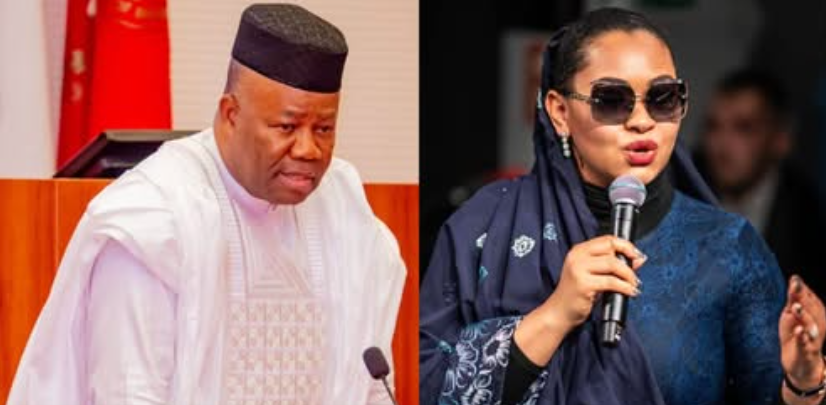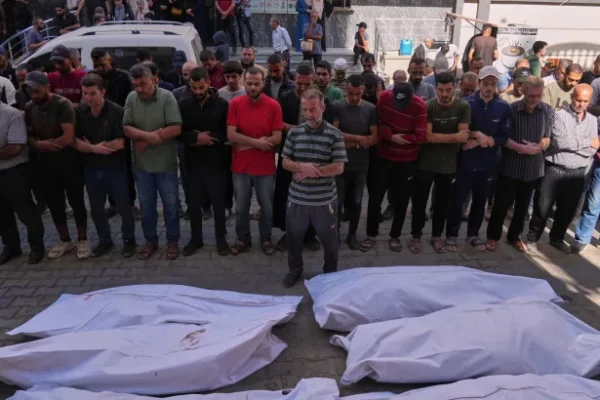
Tension in Abuja as Security Forces Seal Off Presidential Villa Over Nnamdi Kanu Protest
Heavy security presence enveloped parts of Abuja on Monday amid planned demonstrations demanding the release of Indigenous People of Biafra (IPOB) leader, Mazi Nnamdi Kanu. The protest, convened by activist and former presidential candidate Omoyele Sowore under the #RevolutionNow movement, triggered widespread gridlock across the Federal Capital Territory (FCT) as security forces mounted tight surveillance around key government institutions. Soldiers, police officers, and operatives of the Department of State Services (DSS) were deployed in large numbers, sealing off the Three Arms Zone and intensifying stop-and-search operations around the Presidential Villa and adjoining routes. Even staff of the Villa with valid parking permits were turned back and redirected to alternative routes after all access points to the State House were closed. One frustrated staff member posted online: “Please, can someone find out what is going on in the Villa? All access roads are blocked. Nobody is allowed in, even with tags.” The lockdown caused heavy traffic along major routes including the Keffi–Abuja Expressway, where soldiers reportedly mounted checkpoints near the Sani Abacha Barracks as early as 4 a.m. Civil servants and traders commuting from Nyanya, Karu, Mararaba, and Masaka faced long delays. Security blockades were also observed along the Dutse–Bwari axis and Airport Road, forcing travelers heading toward the Central Business District to take detours. One internal memo to workers read: “Good morning, dear colleagues. Please, if you are coming from Airport Road to Central Area, follow Area 1. Security blocked from National Mosque.” Security patrols were also visible around Eagle Square, the Federal Secretariat, and the National Assembly, with officials on high alert to prevent disruptions. Nnamdi Kanu, arrested and extradited to Nigeria in June 2021, remains in custody despite multiple court orders for his release. His supporters continue to demand his freedom, citing concerns about his deteriorating health and prolonged detention.



